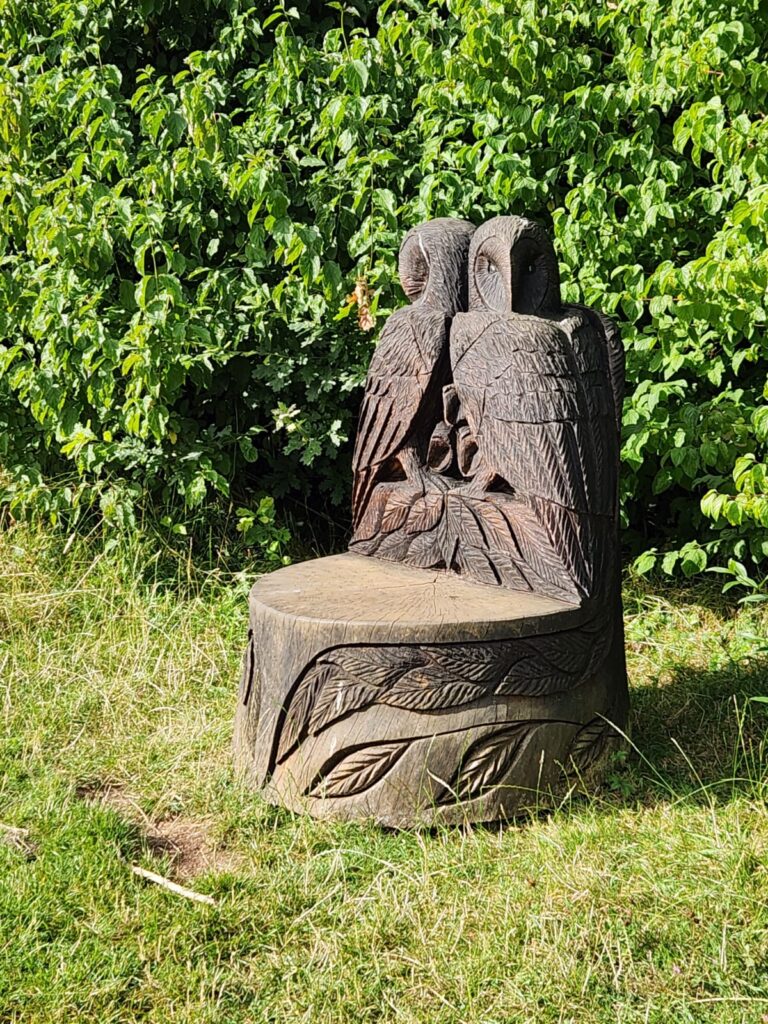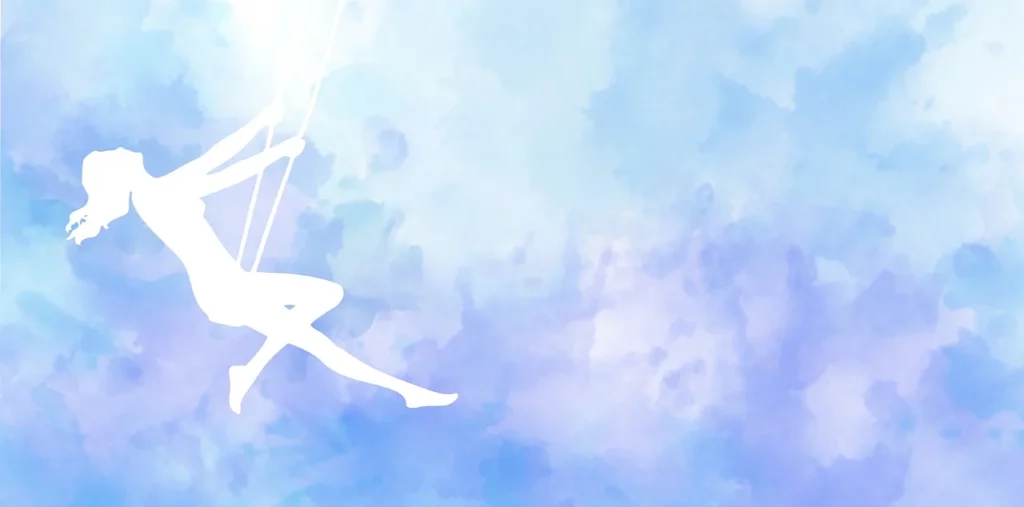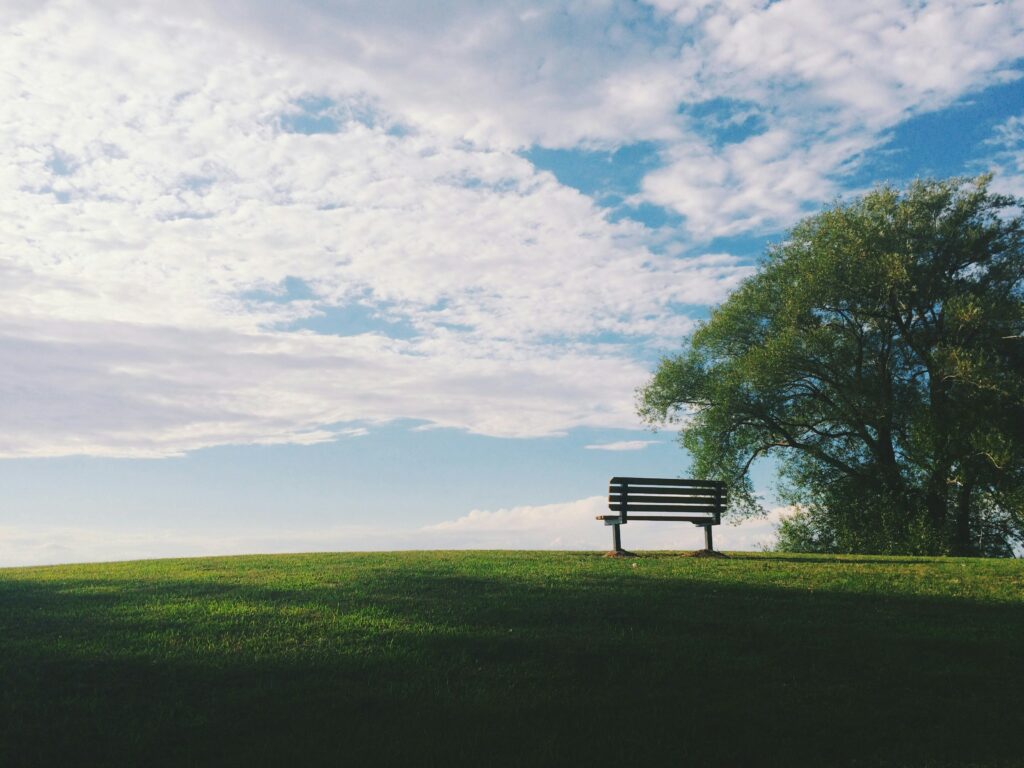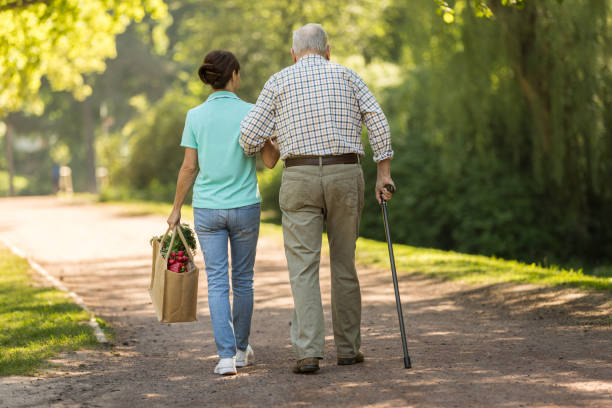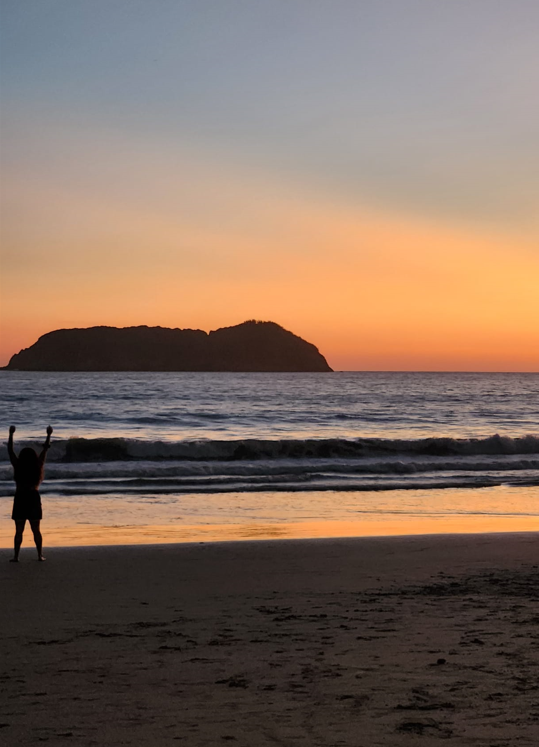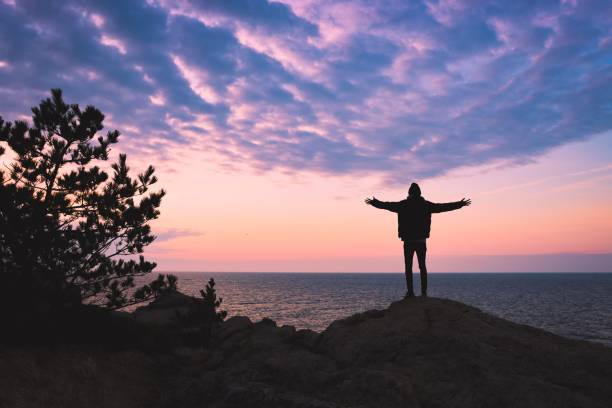
Some weeks ago, I was thinking about what to write this month and a few hours later, my wallet was stolen. Of course, there is nothing in the world that would have induced me to wish this incident upon myself, but since it did occur, it has given me a lot to process and reflect upon.
The evening began normally enough. I popped into a supermarket to buy some granola bars, put my wallet back into its usual backpack compartment and zipped it up – though possibly not fully – and got on my bike and crossed the street to the library to attend a lecture. It was only after the talk when I went to borrow a book, that I discovered my wallet was missing. I emptied out my bag – twice – and searched the library and street on my way back to the supermarket, expecting that someone would have handed it in.
This was a decent neighbourhood and I like to believe that people are generally honest, as has mostly been my experience, even in this notorious city, but there was no sign of it anywhere. The wallet, which was special to me, as it had been given to me by my parents when I was a teenager, contained about $30 in cash, my debit card, and other cards like my library and transit card, though nothing with my name on it, other than some Measure of Light business cards.
I became increasingly frantic – it was now getting dark and without any money, I was wondering how I was going to get home – a distance of over 7 miles. On my second trip back to the supermarket to make further inquiries, I ran into the speaker and his wife, who had already helped me search at the library. On hearing that I still hadn’t found the wallet, the speaker, without hesitation, handed over $20 to help me get home, asking me only to pay it forward. I was incredibly moved by his kindness and generosity and promised to do so.
A clerk gave me change and when I was counting it out at the subway kiosk, having explained my situation to the transit staff, they waived my fare. Subsequent calls to the bank and other places to replace my cards were met with people who were equally helpful and kind.
Even after weeks of following up, I never did recover my beloved wallet (nor have found an adequate replacement) and have had to move on. There are many ways I could choose to reflect on this incident and I’ve gone through a range of emotions, from being upset about my wallet being stolen and how underserving I was of this happening, to anger and disgust over people who cruelly take things that clearly belong to someone else. In the end, I’ve decided to focus on the people who so readily offered help, especially the speaker handing me money to get home. Their kindness is what has stayed with me most and what I choose to carry with me going forward.
We can all frame our narratives and decide to take from them what we wish. Of course, I desperately wish this incident had not occurred, and the way in which it has contributed to my changing views of this city. But I’d rather focus my energy on the lessons I can learn from it, such as being more mindful and vigilant, but most importantly, the real difference that reaching out and being kind can make to other people who are in need of help.


